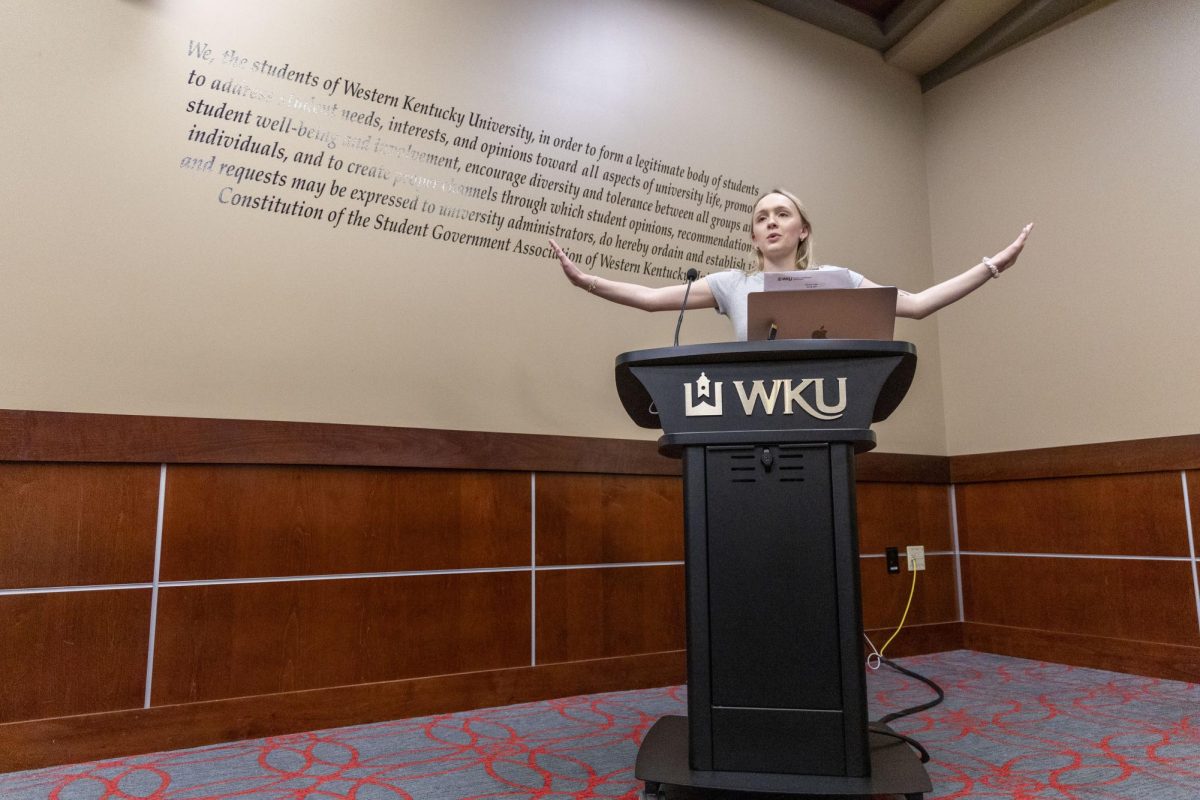WKU offers resources for Domestic Violence Awareness Month
October 10, 2021
October is Domestic Violence Awareness Month, so there are many resources now available to learn about domestic violence, know how to help and know how to see if someone is in danger.
According to the National Coalition Against Domestic Violence, college-aged women (18-24) are the group most likely to be abused by an intimate partner. Knowing what to do in these situations is vital to being in a college community.
Oftentimes, it can be a tricky situation to know how or if you should step in when you think a loved one is in a domestically violent relationship. The perpetrator may lash out at you as well if you personally confront them, or they might attack the victim if they find out someone had called the police.
According to the National Domestic Violence Hotline, there are a few main tactics you can use to help someone who is being domestically abused.
First, if you are close to the victim, talk with them on what they want. Find a place away from their abuser to hold the conversation, and begin with your main goal being to show them that you are there to support them in any way they need.
Sometimes, it may be hard for the victim to realize that they are being abused. It seems difficult to believe, but violence from intimate partners accounts for 15% of all violent crime, according to the National Coalition Against Domestic Violence. Keeping this in mind could help you or a loved one realize that it can happen to anyone.
Other tactics include keeping a journal of every time you hear the abuse happens–this can be used as evidence if the victim contacts the police. With this in mind, be sure to only contact the police with the consent of the victim or if their life is in immediate danger. It often happens that if the perpetrator finds out about the police being called, it could have worse consequences than not calling them at all.
You could also help the victim create a safety plan and reach out to a local domestic violence agency to further understand what they’re going through. At WKU, you can reach out to the counseling center, the WKU police department or even to friends and allies that could help you find help.
Domestic violence also has a lasting effect on mental health. According to the National Coalition Against Domestic Violence, being a domestic violence victim is correlated to higher rates of suicide and depression. After getting justice from their perpetrator, many victims may need counseling and supportive relationships to work through the trauma they endured.
News reporter Alexandria Anderson can be reached at alexandria.anderson337@topper.wku.edu.













